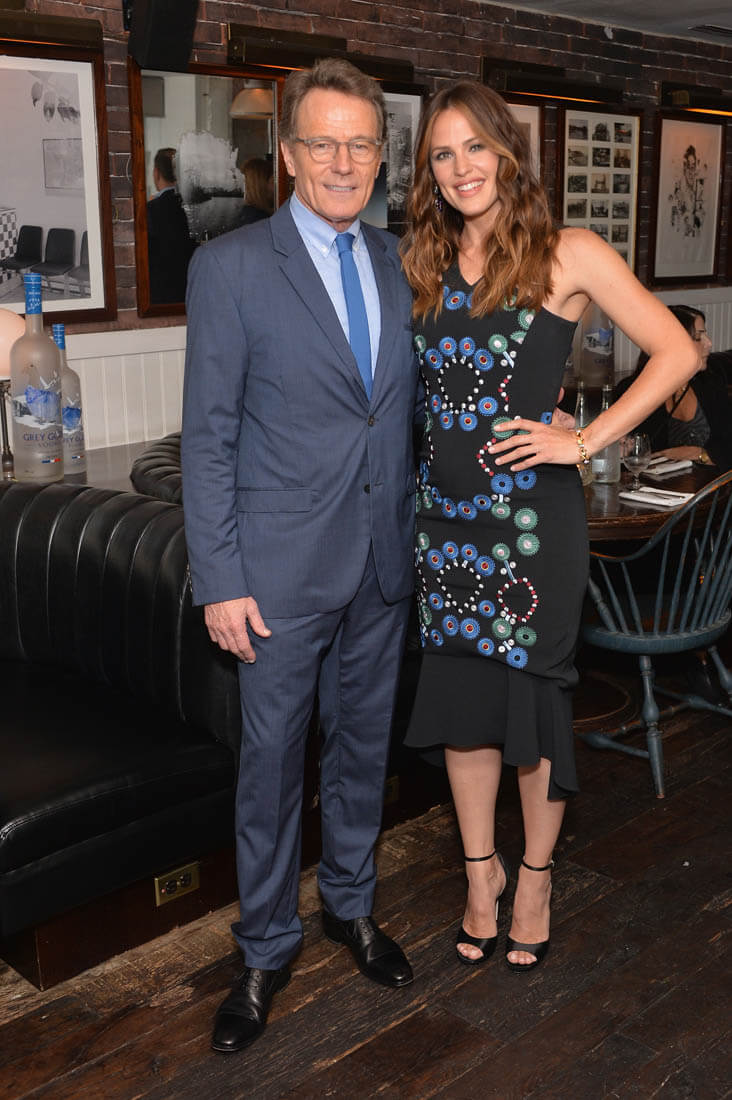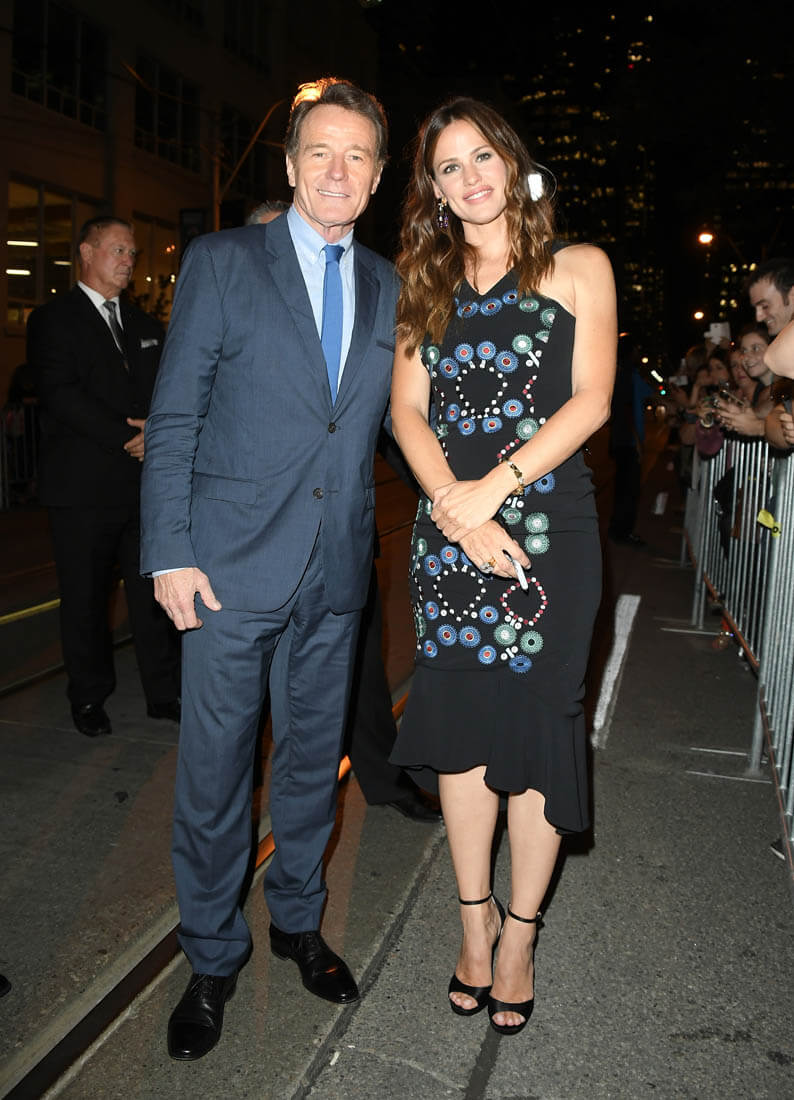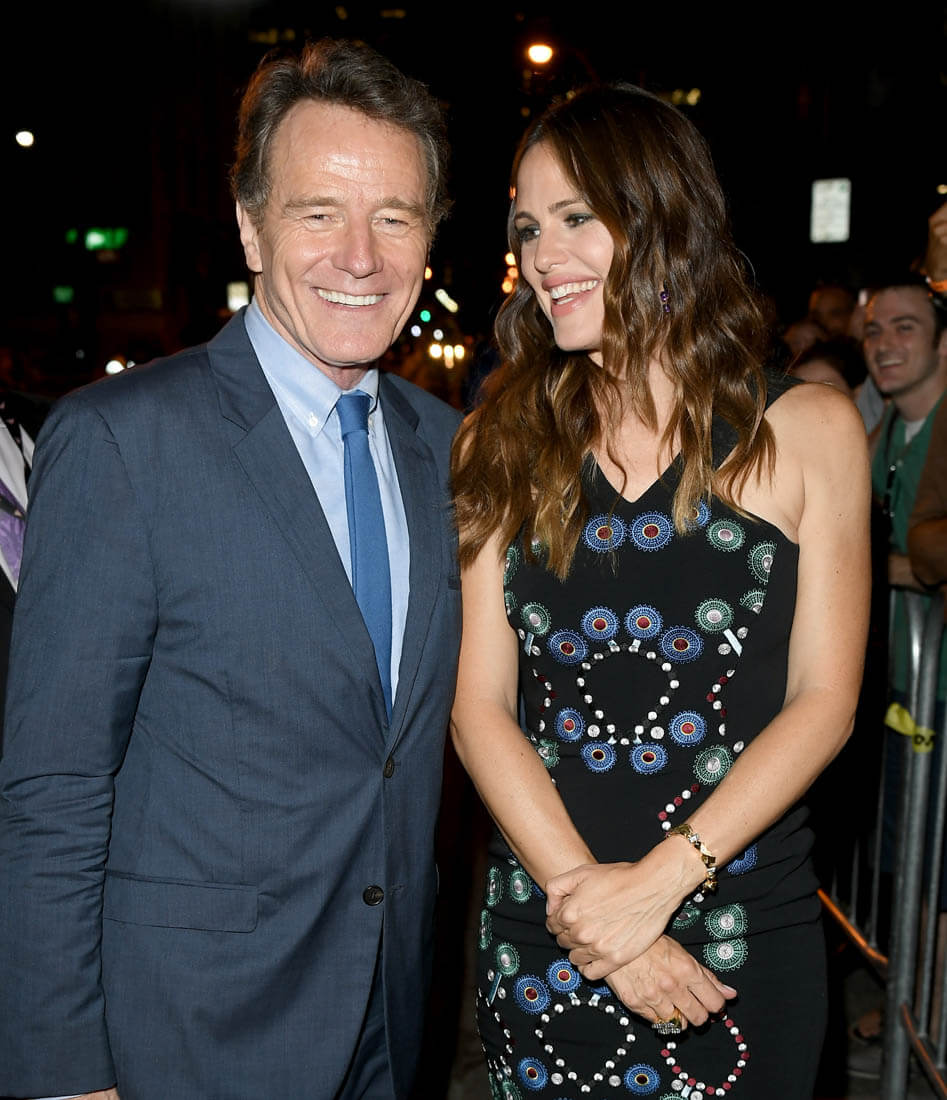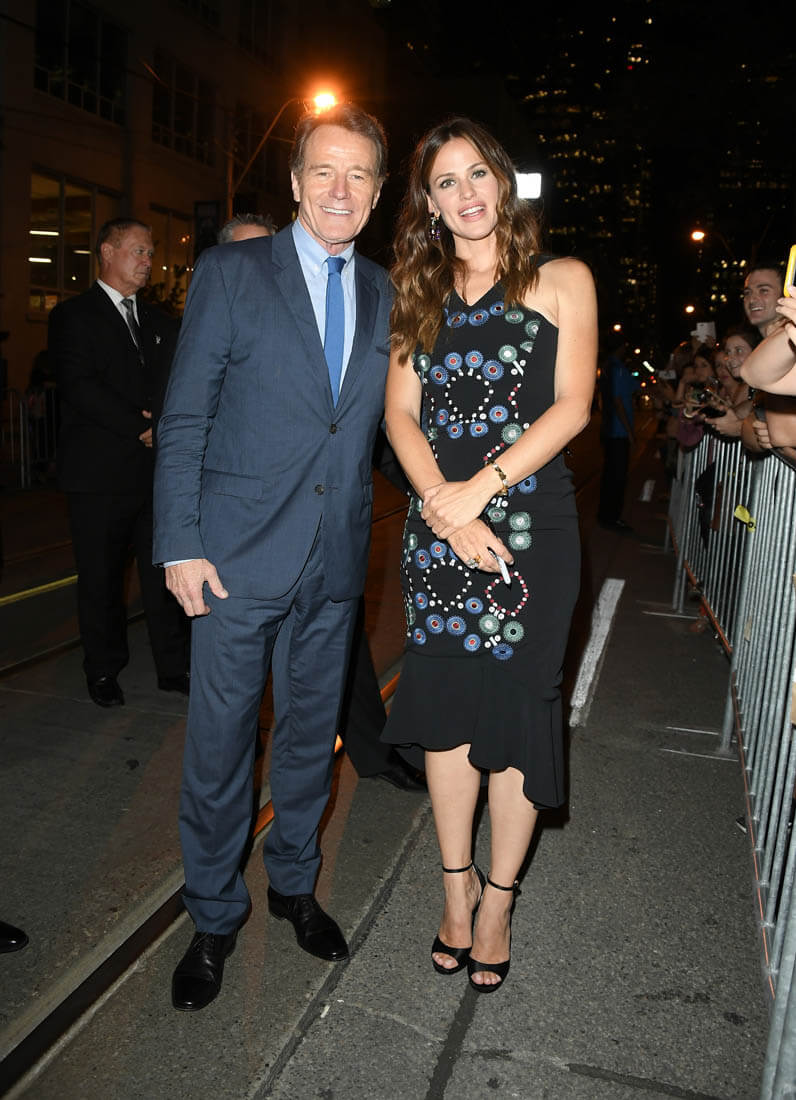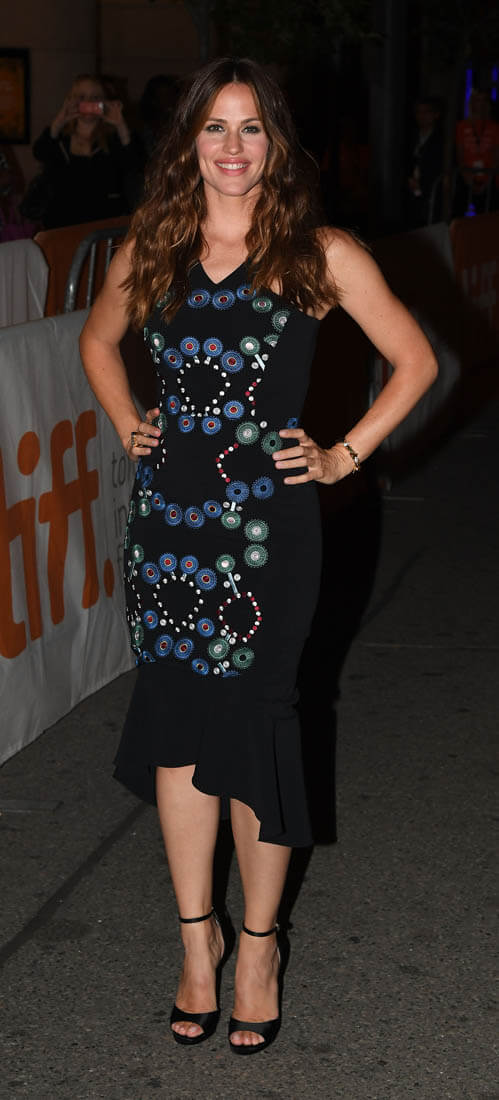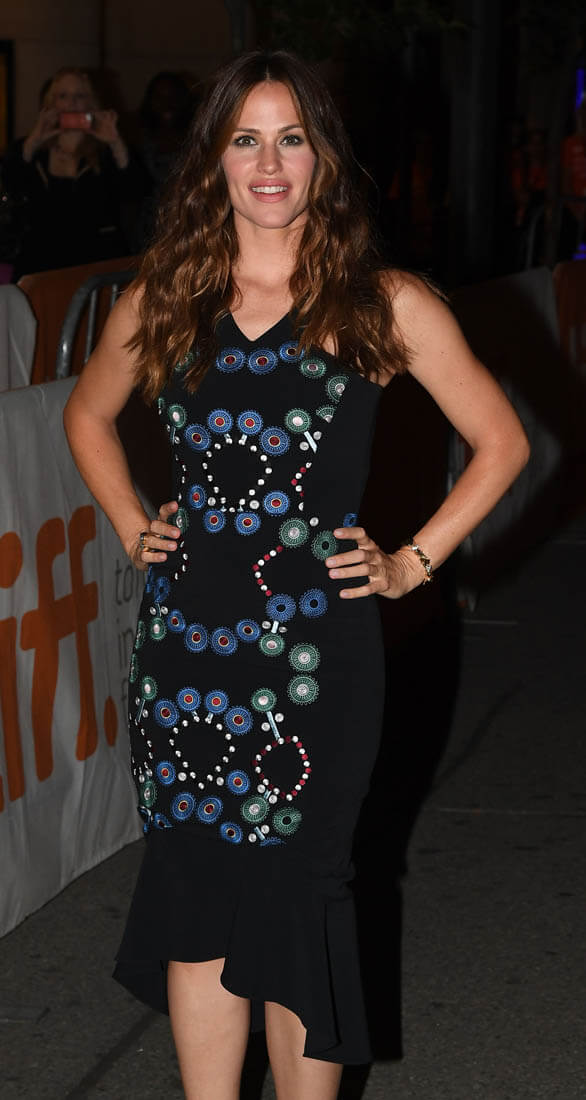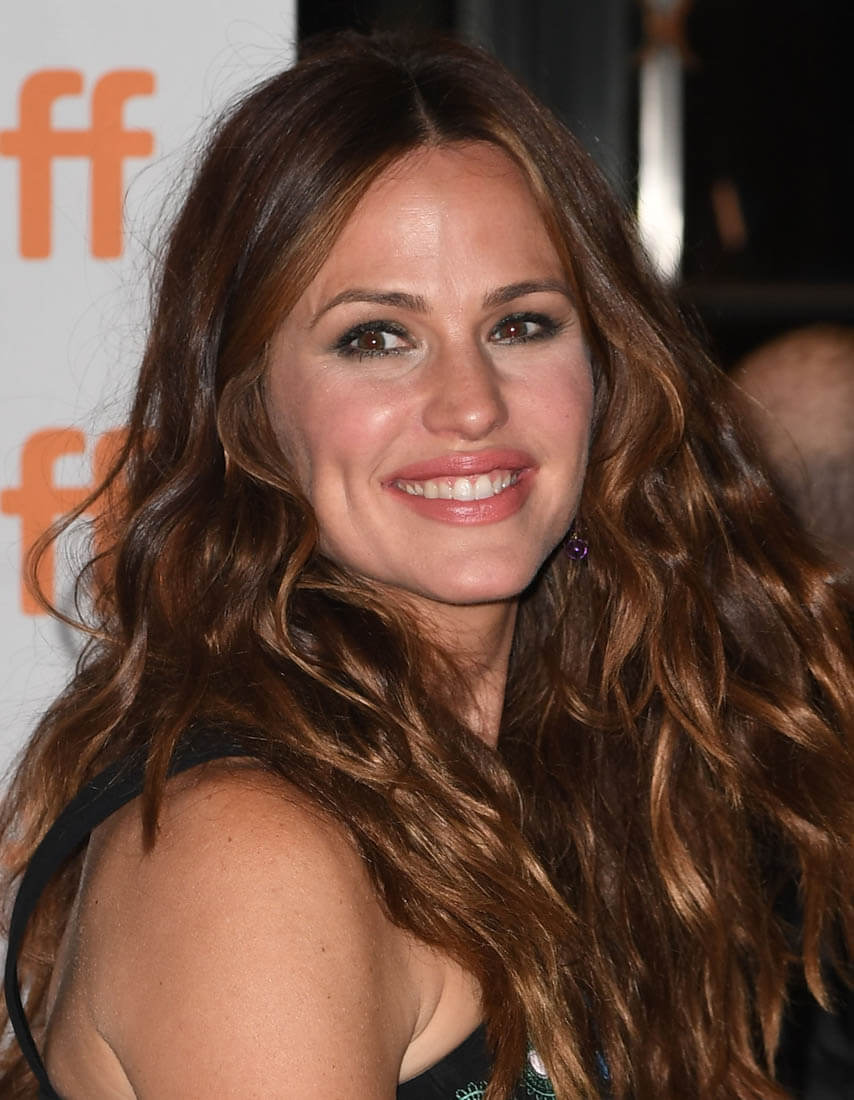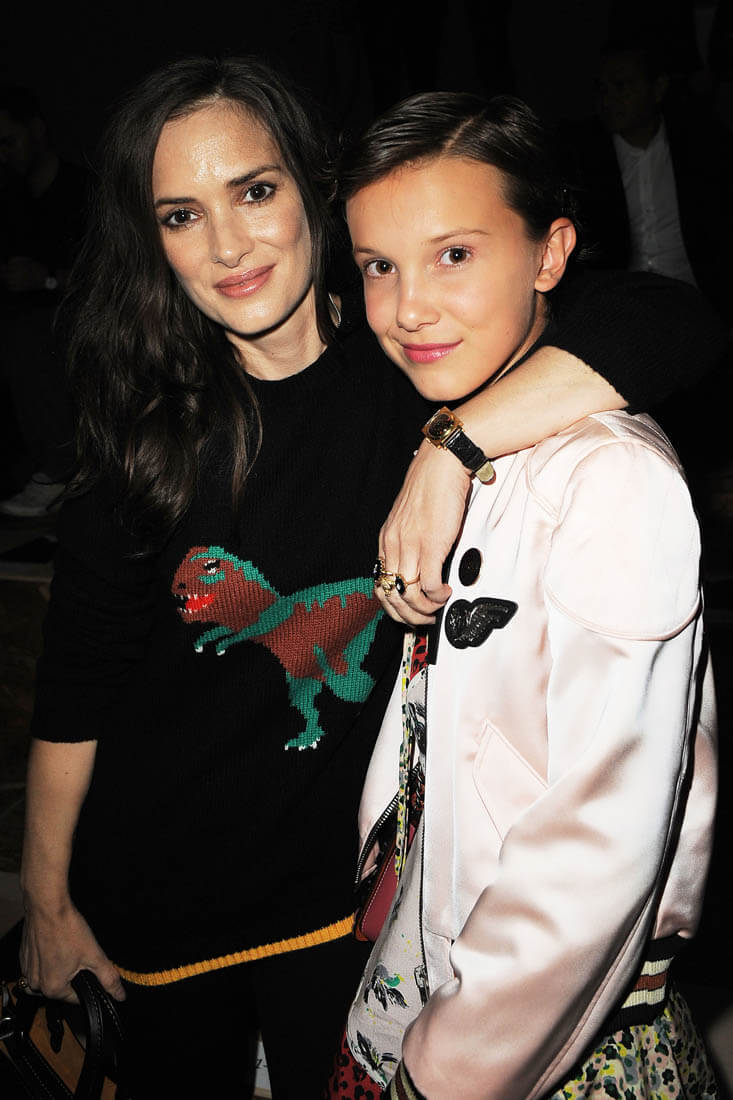Wakefield aka Two (Estranged) Lovers and an Attic.



Bryan Cranston and Jennifer Garner basically star in a film that should be called Two (Estranged) Lovers and an Attic. Bryan plays Howard Wakefield, a high-end Connecticut-based lawyer who runs away from his idyllic married life to live in isolation on the property. In his mind, it's a valiant act. He's not filing for divorce, he's not an absentee dad, he's simply a "missing person." From the attic above his garage, he gets to keep a close eye on his wife, Jennifer Garner as Diana, and their two teenage daughters, while making sure she is not allowed to move on with her love life after her husband "disappears." It's abandonment without consequence, a pause button. And it’s a strange concept, with even stranger follow-through. The film feels like one of those later-day Robin Williams dark comedies, much like The Angriest Man in Brooklyn, or World's Greatest Dad. With monologue after monologue, it also asks the question, "How much Bryan Cranston can a person handle?"
Most of the movie focuses on his observations about his wife's behaviour, amidst some solitary reflection of his own. The audience discovers he only got together with Diana after stealing her away from another friend of his. Howard's nervous breakdown had less to do with marital monotony or the loss of that sneaky thrill than it did with the fact that she stopped paying attention to him, and treating him like the "star" of the relationship. A former dancer, Diana continues to dress sexy and change in front of the window, which drives Howard up the wall. But, it gives Jennifer a chance to both show off and be proud of her body in a way that we have not seen on-screen since Alias. She's Alias-level sexy, too, and he cannot deal with it. Is that now against-type for her?
This is a bizarre midlife crisis movie with very little payoff. While Howard originally tries to maintain his connections to society (hygiene, rules, routines), the isolation gets to him, and soon, he looks unkempt, on the streets fighting with homeless men over the fresh garbage put out at night. His only company? Special needs adults, who live next door. They shower him in gifts, and he asks them not to "tell on him."
Wakefield is just too weird, and too drastic to be believable, but Bryan's witty asides are appealing. It's gutsy, but it's a caricature of the modern man, and too inconceivable to work.
As winter approaches, Howard begins to consider going back home, and dreams up every possible outcome. Will he ever walk across the lawn and go home, or would facing his family after choosing to leave them behind result in an even harder life, more conflict, or less attention? Are they better off without him? The movie does whatever it can to keep any answer to these questions ambiguous but even if you are curious, I’m not sure you’re rewarded in the end.
Wakefield is based on a short story that was published in the New Yorker, but lengthening the midlife crisis themes and encounters only serves to dilute the message of family and the longing for a break. Written and directed by Robin Swicord (Jane Austen's Book Club), this part-flashback, part-fantasy movie shows the hypocrisy and trappings associated with the male gaze, and about the demands placed on a provider. But her message is so over-the-top, it's impossible to take seriously.

